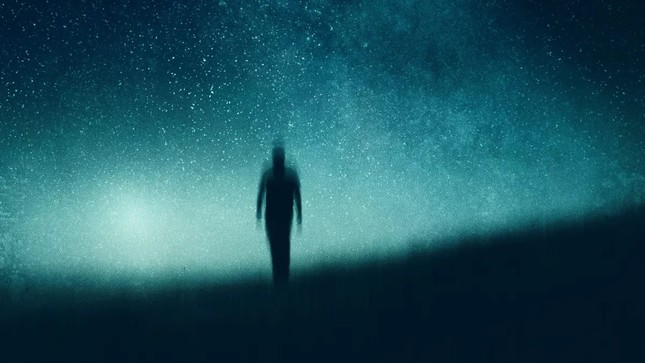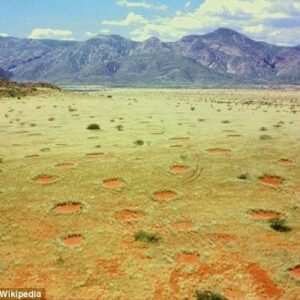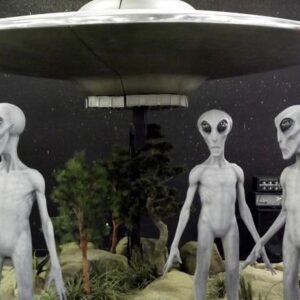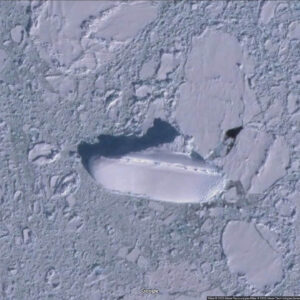Alien hunter Scott C. Waring claimed he discovered aliens in Antarctica through Google Earth, but NASA said it was just a cognitive and psychological illusion.
The existence of aliens has been a debated topic for centuries.
The more modern science and technology develops, the more people are interested in learning about this issue. Many people spend a lot of time searching for extraterrestrials.
They are called “alien hunters”.
Recently, Scott C. Waring – a famous alien hunter – announced that he had found an alien in Antarctica.

Through the Google Earth tool, Scott C Waring recorded a photo of a strange creature about 20 m high, next to a 22m high “door”.
Scott C. Waring posted on the blog ET Database and UFO Sightings Daily confirming that what he found was aliens.
However, the space agency NASA believes that the structure and other similar discoveries in Antarctica are not alien but are just the effects of Pareidolia – an inaccurate cognitive tendency that occurs when the brain tricks the eyes into an object, pattern, or meaning known to the observer. For example, seeing a face in the cloud.
This means that the “giant aliens” and “doors” that Scott C. Waring saw were just rocks or tracks in the snow.

NASA said: “Pareidolia is a fairly common psychological phenomenon. There are many examples of this phenomenon on Earth and in space.”
Although NASA denied it and many blog followers were skeptical about its conclusions, Scott C. Waring always affirmed that his findings were accurate.
“This photo was taken by a Google Earth satellite. The Google Earth satellite is an unbiased object with no agenda, not interested in anything other than recording real images reality it sees,” said Scott C. Waring.
Scott C. Waring also argued that humanity would have the strength to deal with such a shocking alien revelation if NASA acknowledged it without avoiding it or trying to deny it.

To this day, Scott C. Waring’s photo continues to be debated by science lovers around the world.
Aliens are creatures that can exist and originate outside of earth.
Belief in aliens dates back to ancient Egypt, Babylon and Sumer, through theories of cosmic origin, which considered the universe to be supernatural. The image of extraterrestrial creatures at that time was difficult to distinguish from gods and demons.
For the scientific community, extraterrestrial life can exist independently in many different places in the universe. Up to now, space research projects and the search for new habitats have paralleled the study of extraterrestrial life but have not yet yielded results.
In artistic culture, aliens are depicted in many different shapes, such as a creature much taller than humans, with a strange shape with big eyes and a pointed chin.





